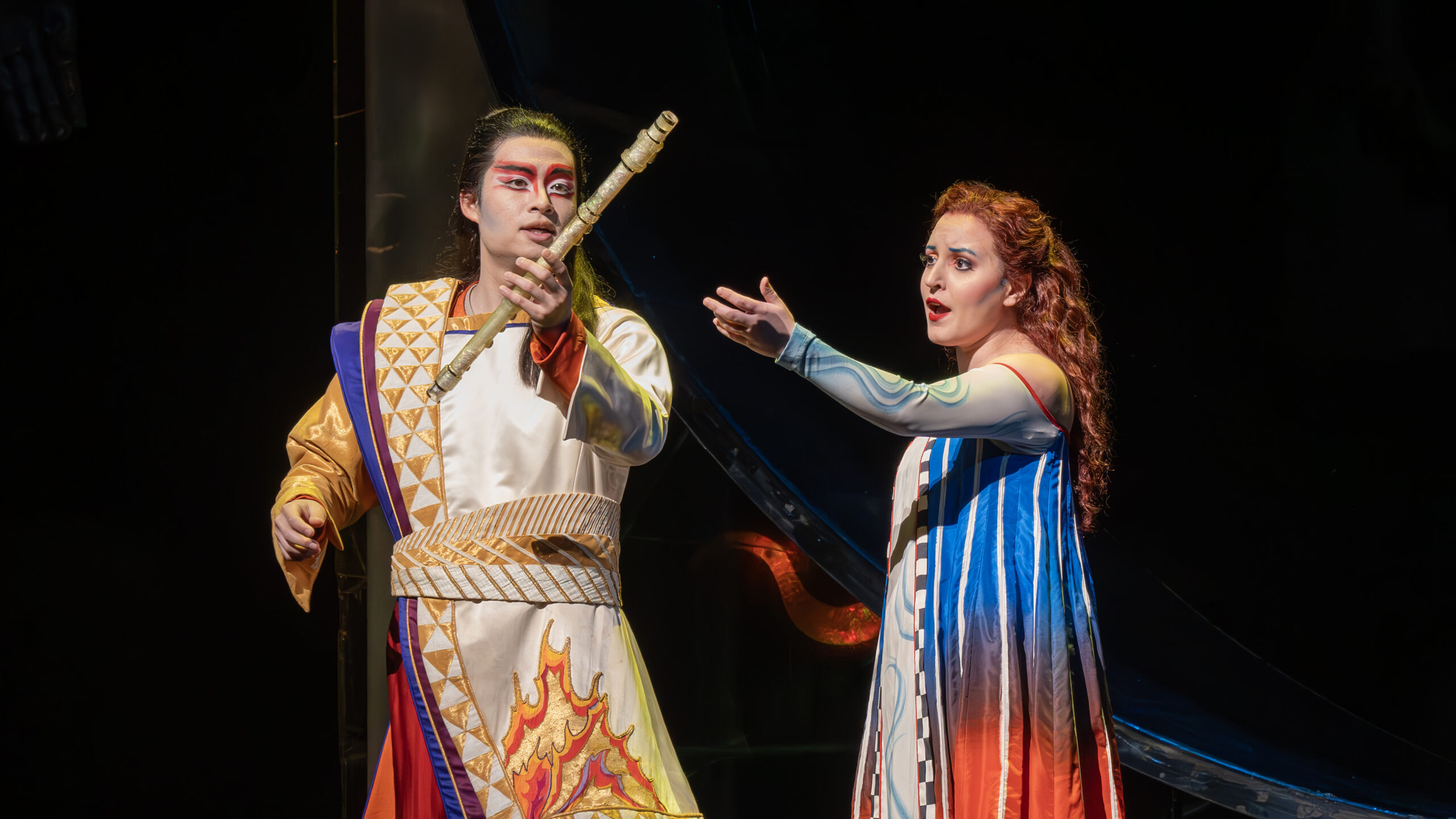
I’m always trepidatious about reviewing new works because normally I’m walking into the theater with years of listening and reading experience for the opera at hand. Before every performance I immerse myself in everything (books, recordings) I can get my hands on as refresher in anticipation.
LA Opera is committed to presenting new works with their “Off Grand” project that has made significant premieres of award-winning operas since it was initiated. They’re performed at select, smaller, venues around Los Angeles. But they’ve also had a pretty good track record when it comes to mounting contemporary works on the main stage of the Dorothy Chandler Pavilion. Most recently Sarah Ruhl and Matthew Aucoin’s Eurydice and Rhiannon Giddens’s and Michael Abel’s Omar, and stretching farther back, Daniel Catan’s Il Postino. I remember Elliot Goldenthal’s Grendel and Deborah Drattel’s Nicholas and Alexandra well. Some of these were more successful than others; let’s not talk about The Fly.
We’ve also had notable revivals of recent works including a concert staging of Andre Previn’s Streetcar Named Desire and an absolutely magnificent production by Darko Tresnjak of John Corigliano and William M Hoffman’s Ghosts of Versailles which I’m hoping gets revived someday soon.
Saturday night I made my way downtown (with part of the 10 Freeway closed in the downtown corridor due to emergency repairs…the hue and cry can be heard for miles!) to enjoy El último sueño de Frida y Diego (The Last Dream of Frida and Diego) which had its world premiere by San Diego Opera in October 2022 and was mounted by San Francisco Opera shortly thereafter in June of 2023.
Composed by Gabriela Lena Frank, who’s a Guggenheim Fellow and has won a Latin Grammy for Contemporary Classical Music, and based on an original libretto from her regular collaborator on vocal works, Pulitzer Prize winning dramatist, Nilo Cruz. Despite this being the first full-length opera for the composer, there’s no lack of experience across the creative team which, along with favorable reviews for the production, contributed to high levels of anticipation.
I’m ashamed to admit that almost my entire education on Frida Kahlo and Diego Rivera come from the films Frida directed by Julie Taymor and Tim Robbins’s The Cradle Will Rock. These two influential artists were both political activists as well as sharing a stormy — and one can only assume highly inspirational — personal lives. So, it seems like ripe fruit for the lyric stage.
The story takes place on el Día de Muertos (The Day of the Dead) with Rivera still mourning Kahlo’s passing three years on. He begs her to return to him. In the cemetery he is unknowingly greeted by Catrina, the Aztec Keeper of the Dead, who tells him that he himself will soon die. She later summons Frida and tells her she must accompany Diego on his final journey. Frida, who’s life was riven with physical pain, is content in the underworld and refuses. Leonardo, a young actor who impersonates Greta Garbo, helps to persuade Frida to make the journey by promising her a return to her art and she finally relents. Catrina’s conditions are that her return can only last 24 hours and that there can be no touching the living, or the memories of her pain will return.
So we have a cup of Orpheus mythos, flavored with a dash of Thorton Wilder’s “Our Town”, blended with some stunning live representations of these two artists’ work, bringing with it a soupcon of Act II of Sondheim’s Sunday in the Park with George. If all of this sounds a trifle complicated, I’m happy to report that Mr. Cruz’s libretto is a model of clarity. Perhaps too much so, but more of that anon.
The production directed by Lorena Maza, with sets designed by Jorge Ballina and costumes by Eloise Kazan is theatrically stunning. Ms. Maza manages to stage the story so there is no confusion as to what is going on in spite of the fantastical elements involved. No small feat, that.
Mr. Ballina’s deceptively simple settings, which include a spectacular recreation of Mr. Rivera’s grand mural “Dream of a Sunday Afternoon in Alameda Central Park” in Act II also manage to take us on a breathtaking journey from the graveyard to the underworld in the opening scene which is sheer stage magic.
Ms. Kazan’s costumes are richly detailed with an enormous amount of texture and her work here in not only re-creating Ms. Kahlo’s iconic look, but the subjects of her paintings and the denizens of the underworld, are both vividly colorful and easily identifiable.
Victor Zapatero’s lighting enhanced all of this stage sorcery by highlighting elements within elements of the stage pictures (the marigolds for sale by Catrina in the opening scene were particularly magical) so our focus was constantly shifted to where it should be.
The cast included veterans of past productions and some welcome newcomers starting with the three Villagers who opened the dialogue with Diego Rivera in the first scene sung by Ryan Wolfe, Anthony Leon, and Alan Williams, all members of our young artists program who made a fine trio and set a high standard.
Leonardo, the actor and Greta Garbo-impersonator who finally convinces Frida to start her journey, originated at the San Diego world premiere by countertenor Key’Mon W. Murrah. I have to preface this by saying I’m not a fan of the countertenor voice for a number of reasons mostly having to do with the general tone and size. Mr. Murrah possesses one of the most beautiful voices I have ever heard. His aria of persuasion as he dresses Frida for her return to the land of the living was, to my mind, the musical highlight of the evening — a luminous moment rendered with effortless grace and panache.
Ana María Martinez made an always welcome return to LA Opera in a role debut portraying Catrina, Aztec Keeper of the Dead. The role isn’t necessarily what I would call gratefully written for the voice and there are more than a few moments that require not only stentorian proclamation but a commanding presence. Luckily Ms. Martinez, a great singing/actress of subtle refinement, easily fulfilled both requirements, although her nightmarish makeup and costuming tended to carry her characterization for her.
Alfredo Daza originated the role of Diego Rivera and also played it in San Francisco. His experience in the part shows and it too seems to be a difficult sing from sheerly a vocal standpoint. Ms. Frank seems to favor what sounds like, and I haven’t seen a score, alternating minor thirds and fifths for emphasis in her vocal writing, the repetition of which can be wearing on the voice (and the ear). He was moving, if sounding a tad underpowered, in his opening aria but later made a strong partner in his duet of reconciliation with Frida.
Daniela Mack was the Frida for the San Francisco performances and continued in the role for LA Opera. She brought a strong voice and a disarming presence at times to her characterization. Always making her feelings clear through her voice and her posture. She was proud when confronting Catrina but then after she had dared touch Rivera, when they were finally united, her outward show of pain was no mere dumb-show and you truly felt for her character. Her singing was as strong as her movement and there were moments, especially in her opening aria “The world”, where she detailed the difficulties of her earthly existence that the voice rode out over the thick orchestrations beautifully and with great feeling.
Doing hard labor in the pit was our Resident Conductor Lina Gonzalez-Granados who led our opening night Lucia last year to glory. Ms. Frank is obviously a master orchestrator and the LA Opera Orchestra, under vigilant guidance, kept the score undulating and shimmering in the pit all night. Rhythms were strong and the percussion section certainly earned their keep tricked out with all nature of marimbas, etc., rightly evoking the Latin setting. Still, the score manages to avoid cliche in representing the settings and its people as well as rising to a certifiably grand finale when the Aztec God of Mictlan arrives to return everyone to the underworld. Ms. Gonzalez-Granados’s work here was especially vibrant and she facilitated a moving finale.
Subtitles were provided simultaneously in both Spanish and English highlighting Mr. Cruz’s work. I will say that the libretto was almost too straightforward at times. Most especially for an opera dealing with the afterlife. Plus, it felt as if the stage action was almost pre-ordained with a general lack of dramatic momentum. Still, there was never any doubt about what was happening during the course of the drama (which says a lot).
LA Opera certainly got everyone into the spirit of things; emails went out encouraging audience members to dress in homage to Frida with flowers in their hair or ethnic costume and quite a few took up the challenge. There was a beautiful Ofrenda (altar) designed by Oaxacan-American artist Aldo Cruz outside the theater and some performances feature a pre-performance of Folklorico dancers as well as workshops in making flowered headbands and portrait painting.
Although I don’t think El último sueño de Frida y Diego is destined to join the standard repertoire due to a general lack of lyricism in its writing, it’s much more than a very healthy first effort from an extremely talented pair of creators and, in this evocative production, certainly pays homage to the spirits (literally) of two great artists. If you’re going, wear flowers in your hair.
Photos: Cory Weaver/LA Opera
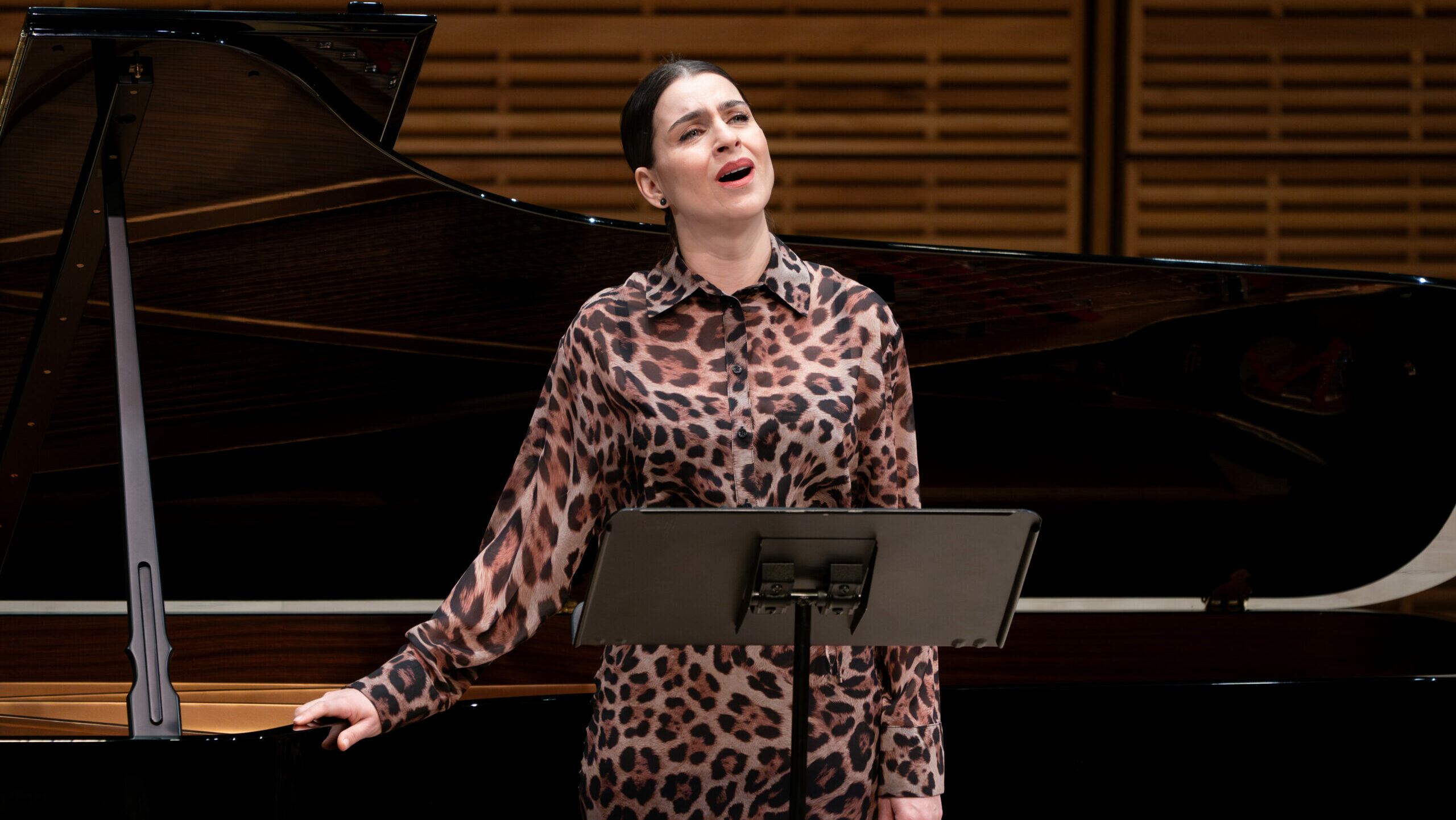
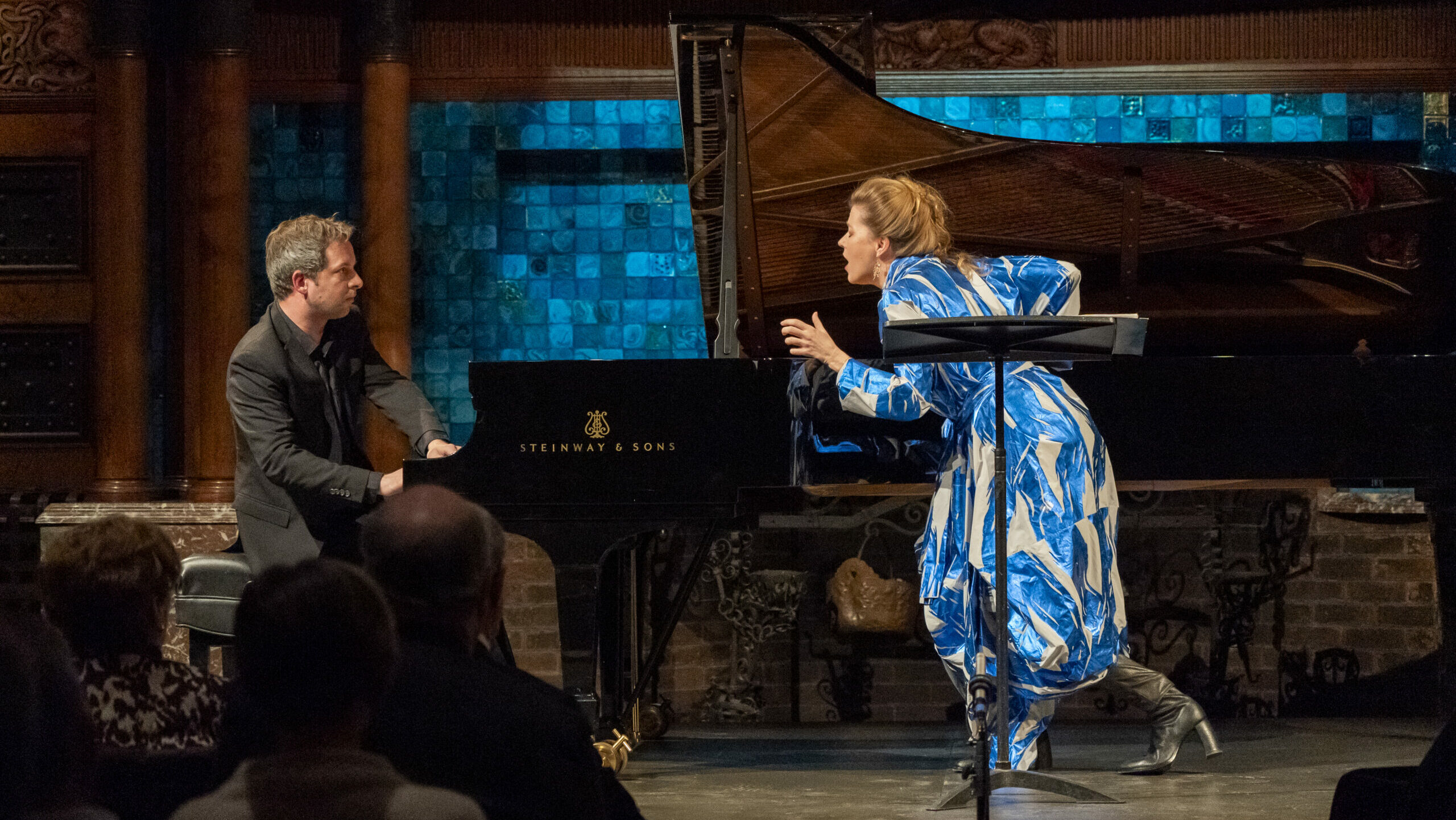

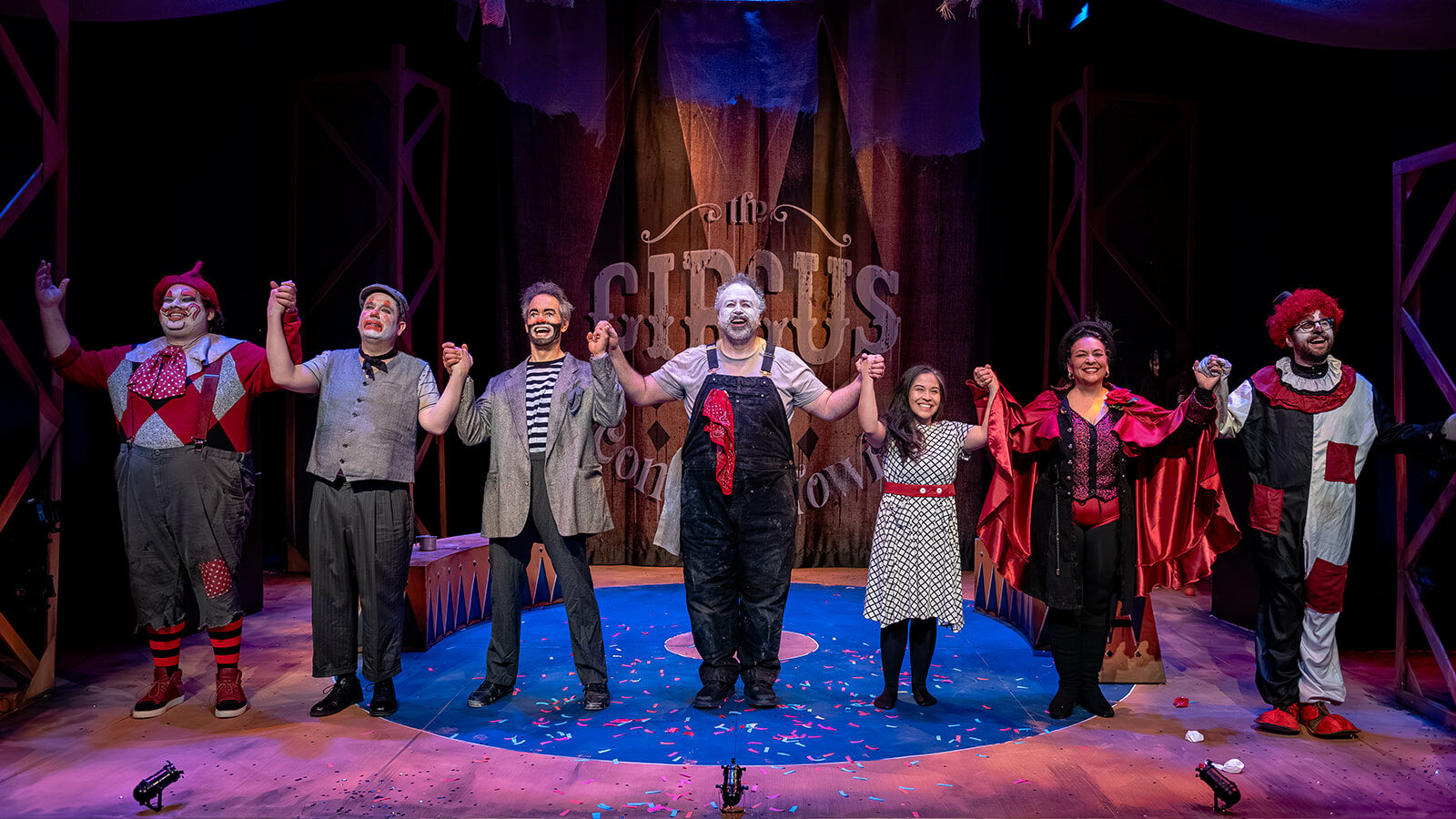




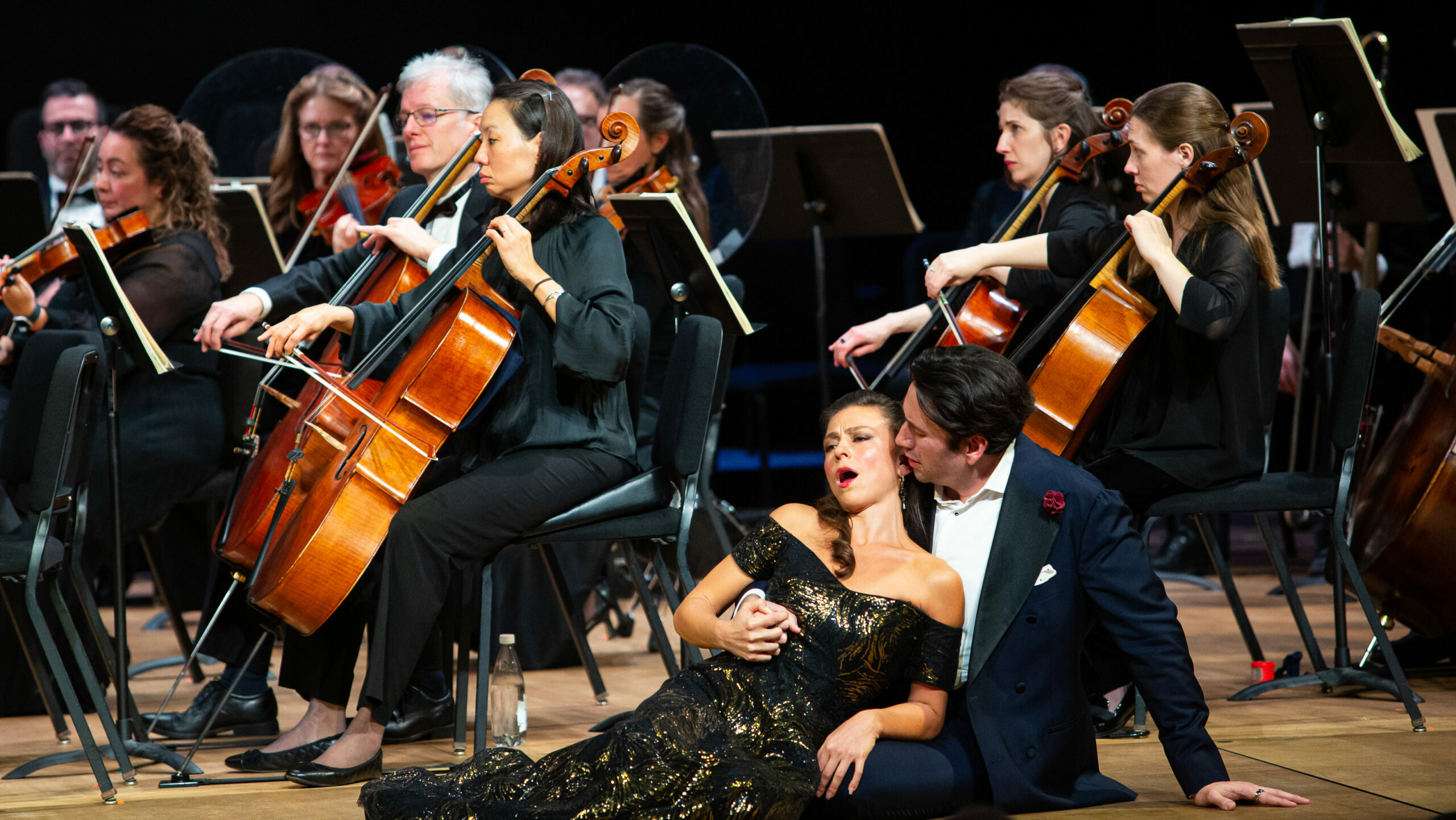
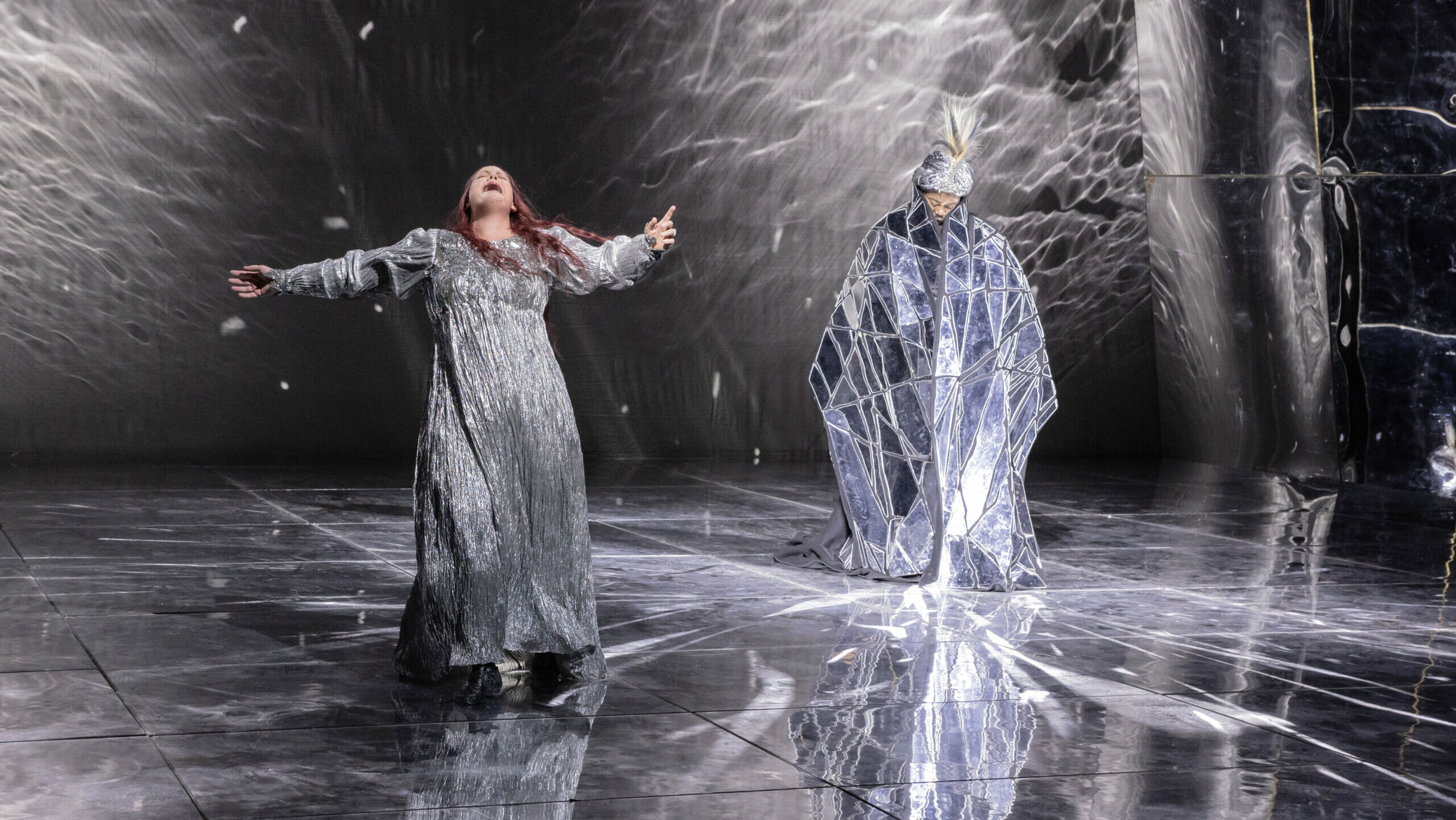
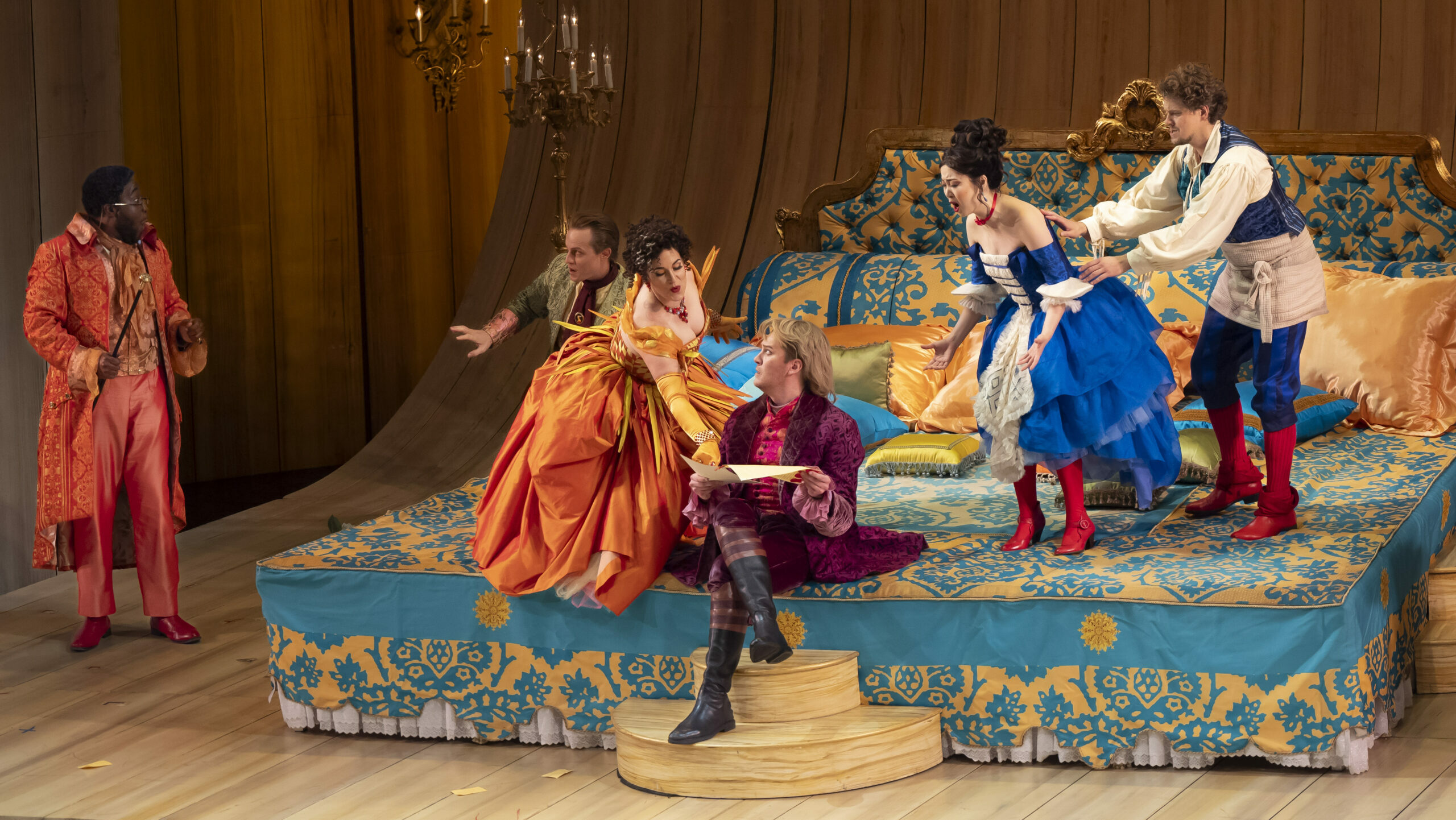
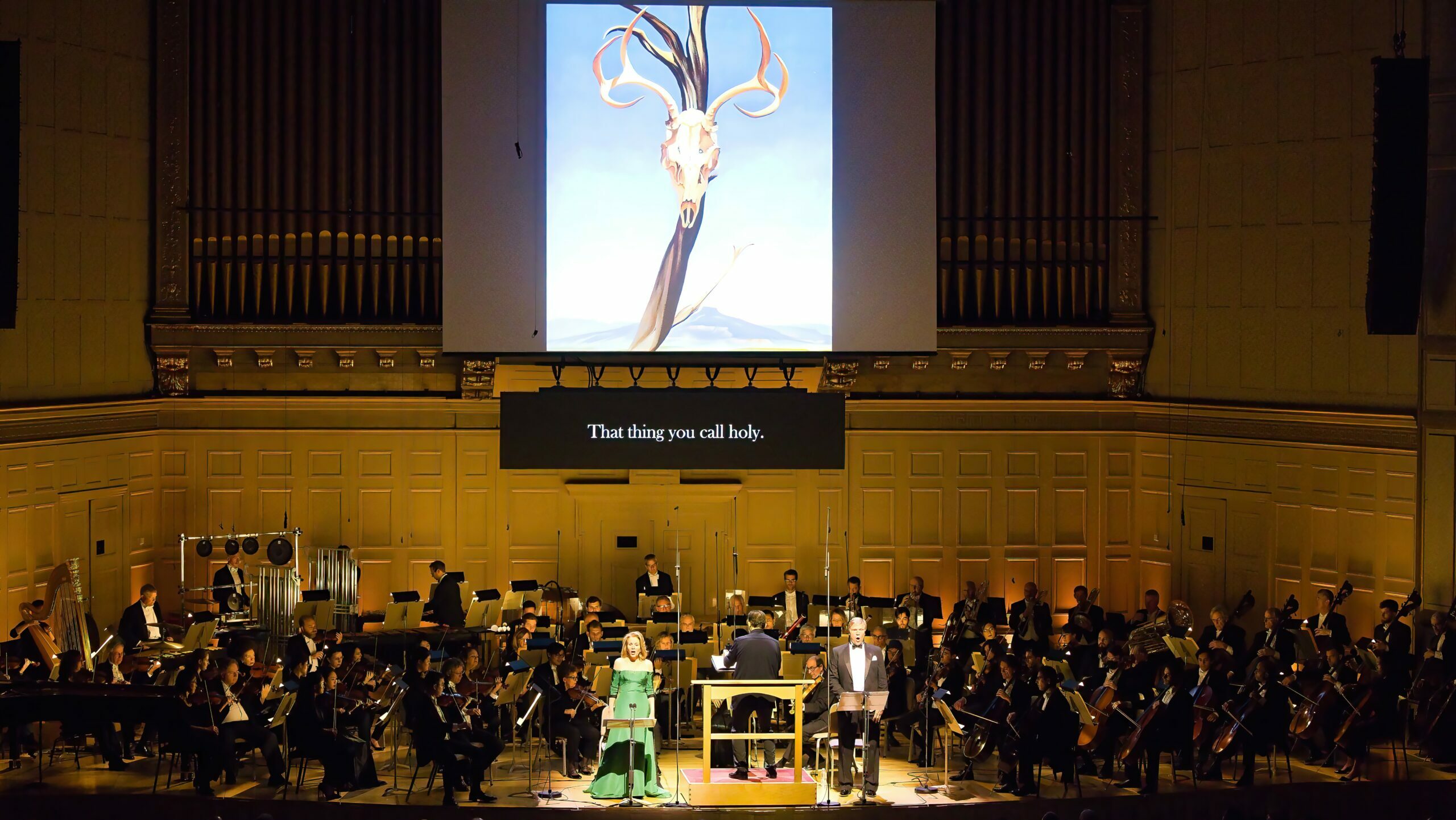
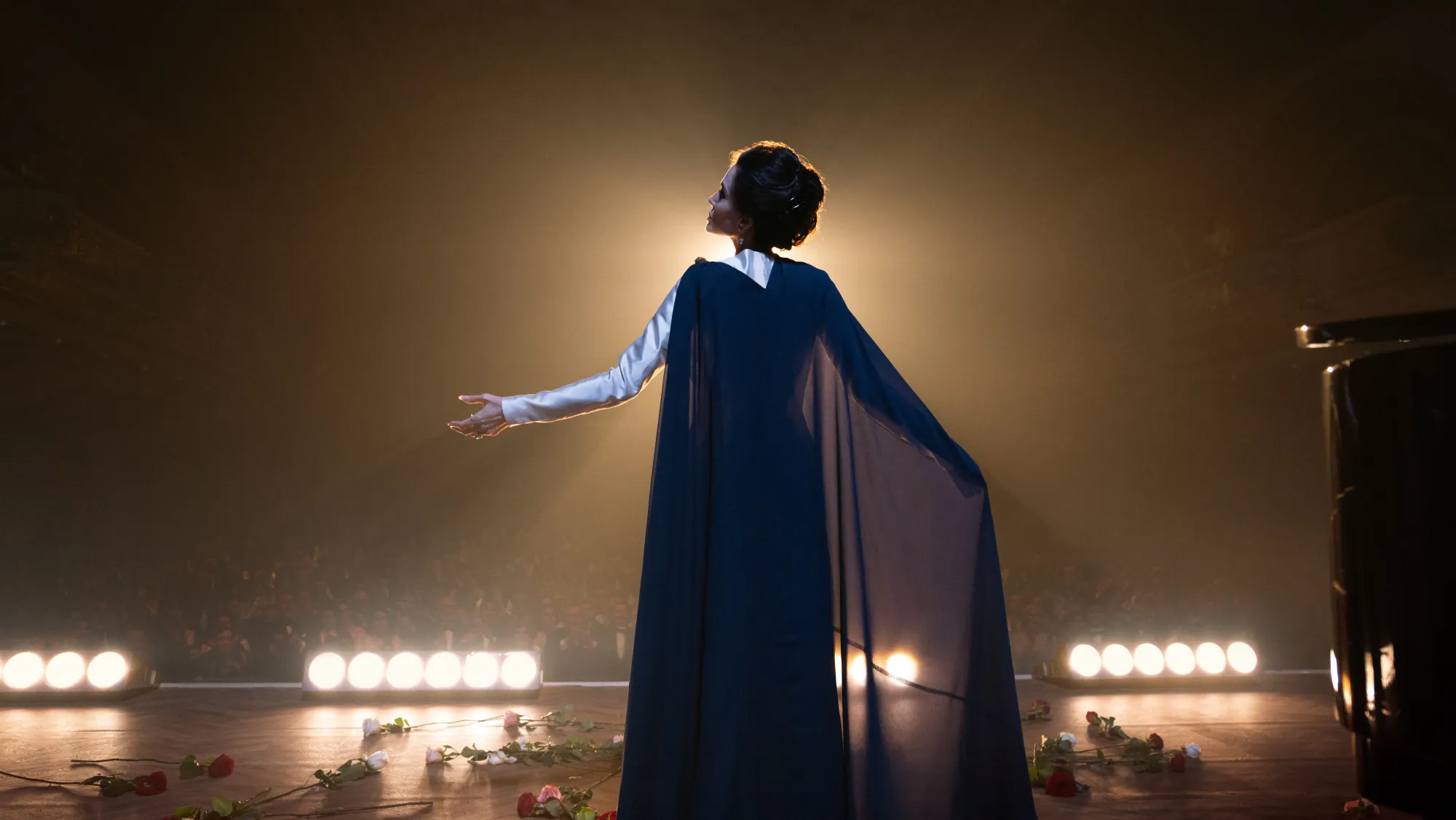
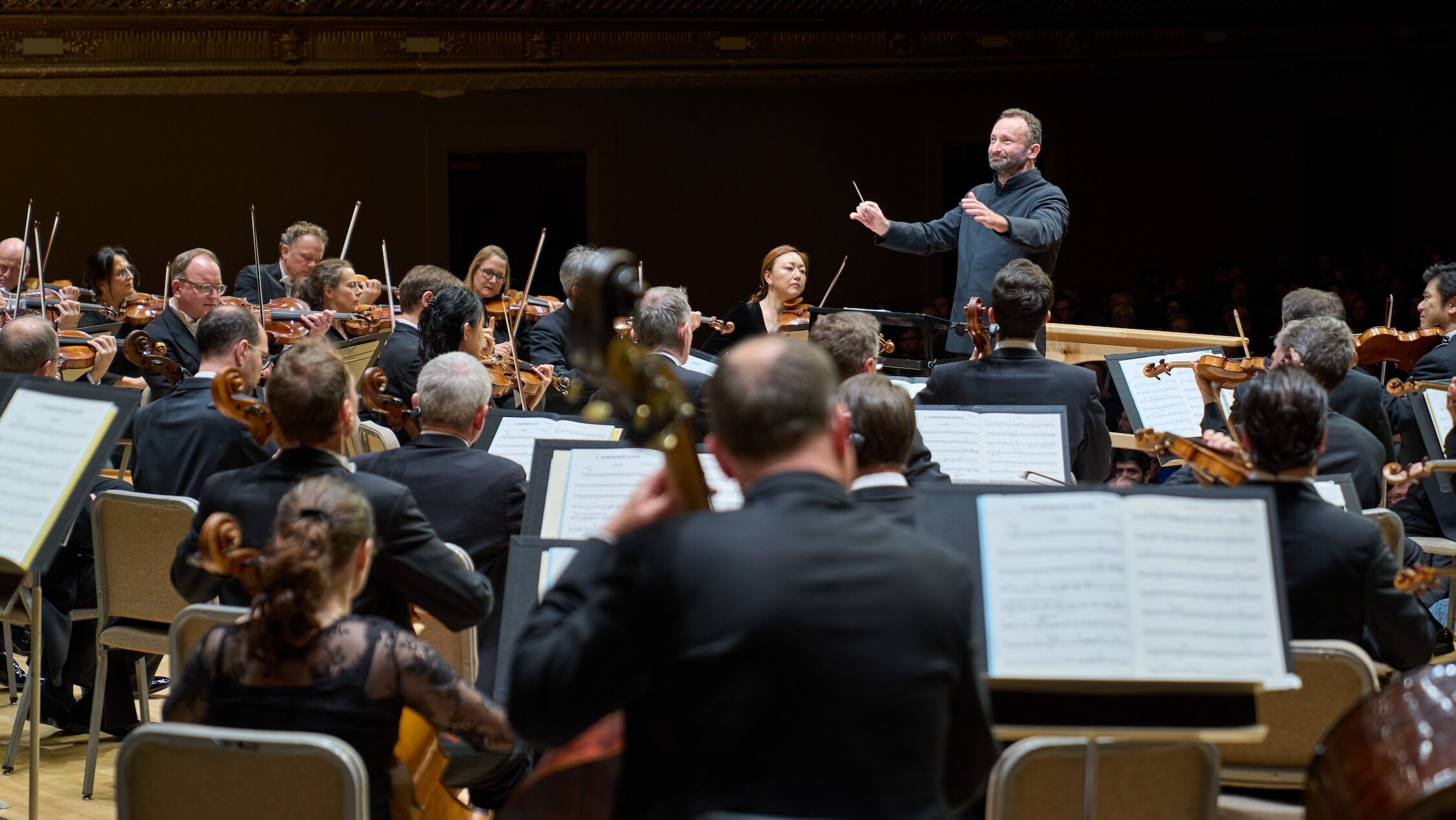

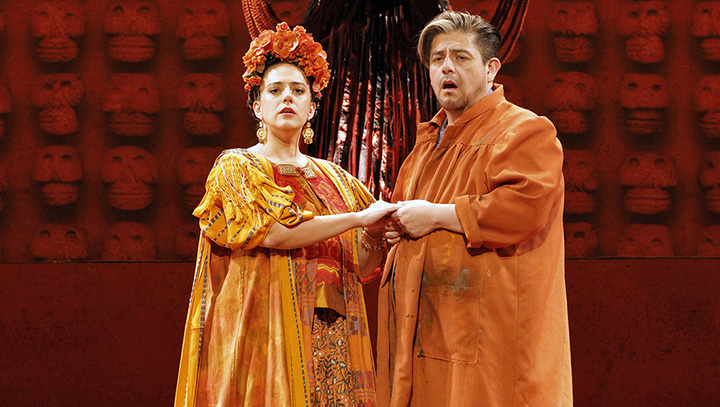
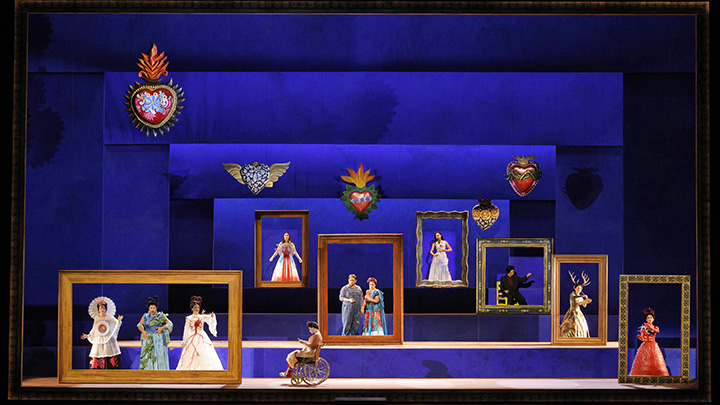
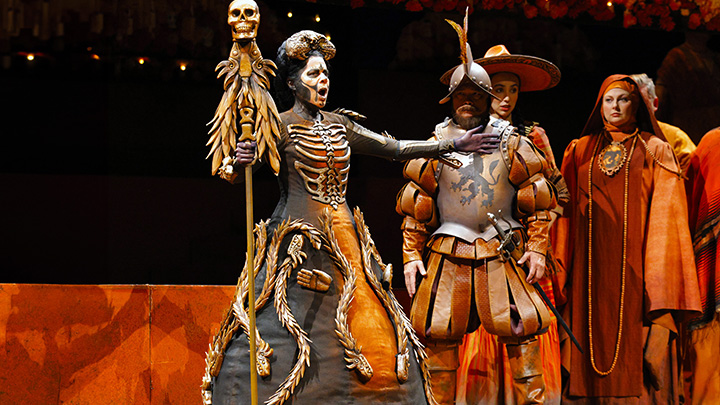
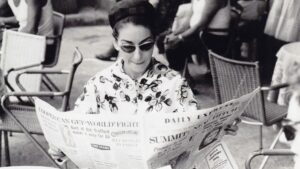
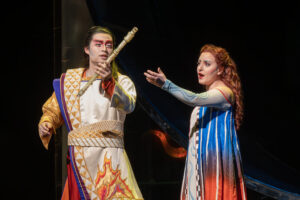

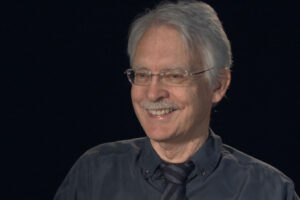
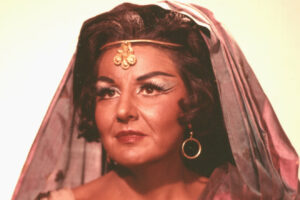

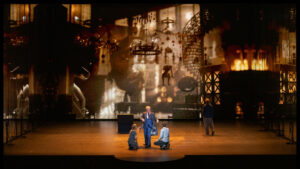
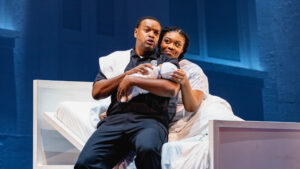



Comments